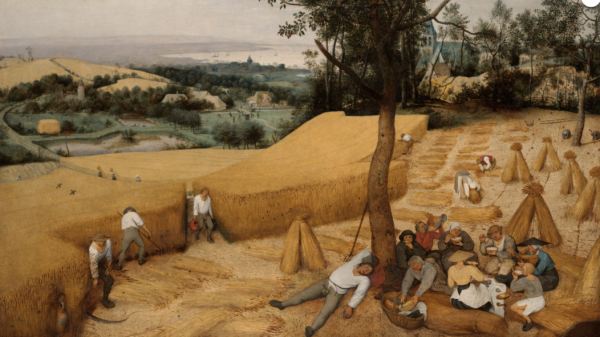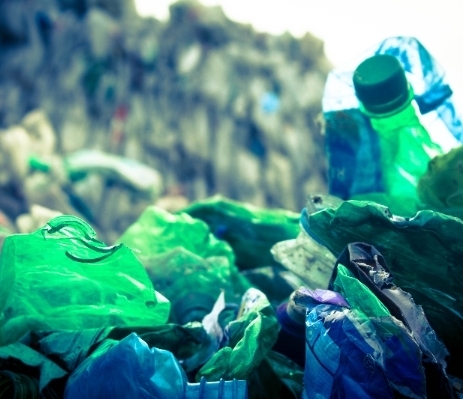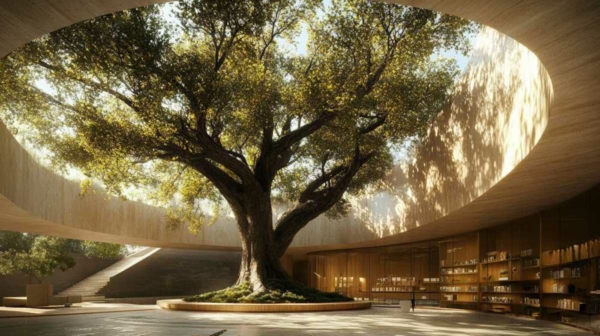
The Return to Nature and Culture – Tim Ingold – Le Collegium Helveticum
Le Collegium Helveticum accueille Tim Ingold pour une conférence exceptionnelle proposant de repenser la place de l’humain face aux crises…

Plastic. It’s everywhere – in our homes, our clothes and wrapped around our food. But for all our dependency on this material, we haven’t yet cracked the nut of what to do with it at the end of its life. Ocean pollution and the impact of non-biodegradable plastics on marine life is one of the most iconic and disturbing images of our age, so what can we do to halt the tide?
“The circular economy refers to an industrial economy that is restorative by intention; aims to rely on renewable energy; minimises, tracks, and hopefully eliminates the use of toxic chemicals; and eradicates waste through careful design. The term goes beyond the mechanics of production and consumption of goods and services, in the areas that it seeks to redefine.”
http://www.ellenmacarthurfoundation.org
Giving a fascinating insight into the end-of-life of plastics, we’ll take a tour of the Closed Loop factory and have the opportunity to experience the life cycle of plastic through the facility. Following this, Nick Cliffe from Closed Loop will present and discuss the challenges and opportunities the facilities faces every day.
After lunch, the RSA’s Great Recovery team will lead a workshop exploring and interrogating the challenges and opportunities that we discover on site. This will be a hands-on “tear down/design up” session, where you will be guided through the deconstruction process of plastic products, mapping out material sources and supply chains as we go. Using the Great Recovery’s Four Design Models for a circular economy, we’ll explore the different options for redesign and start to prototype new systems and services for the creative industries that will maximize the value of materials, and reduce environmental impacts.
We will end the day with discussion of how we can bring these new ideas into our own industries to incorporate resource efficiency and closed loop principals.
Le Collegium Helveticum accueille Tim Ingold pour une conférence exceptionnelle proposant de repenser la place de l’humain face aux crises…
Face à l’urgence climatique, les musées sont de plus en plus nombreux à vouloir agir — sans toujours savoir par…
Le Musée de la Chasse et de la Nature accueillera la 8ᵉ édition du festival littéraire Lire la Nature. Porté…

